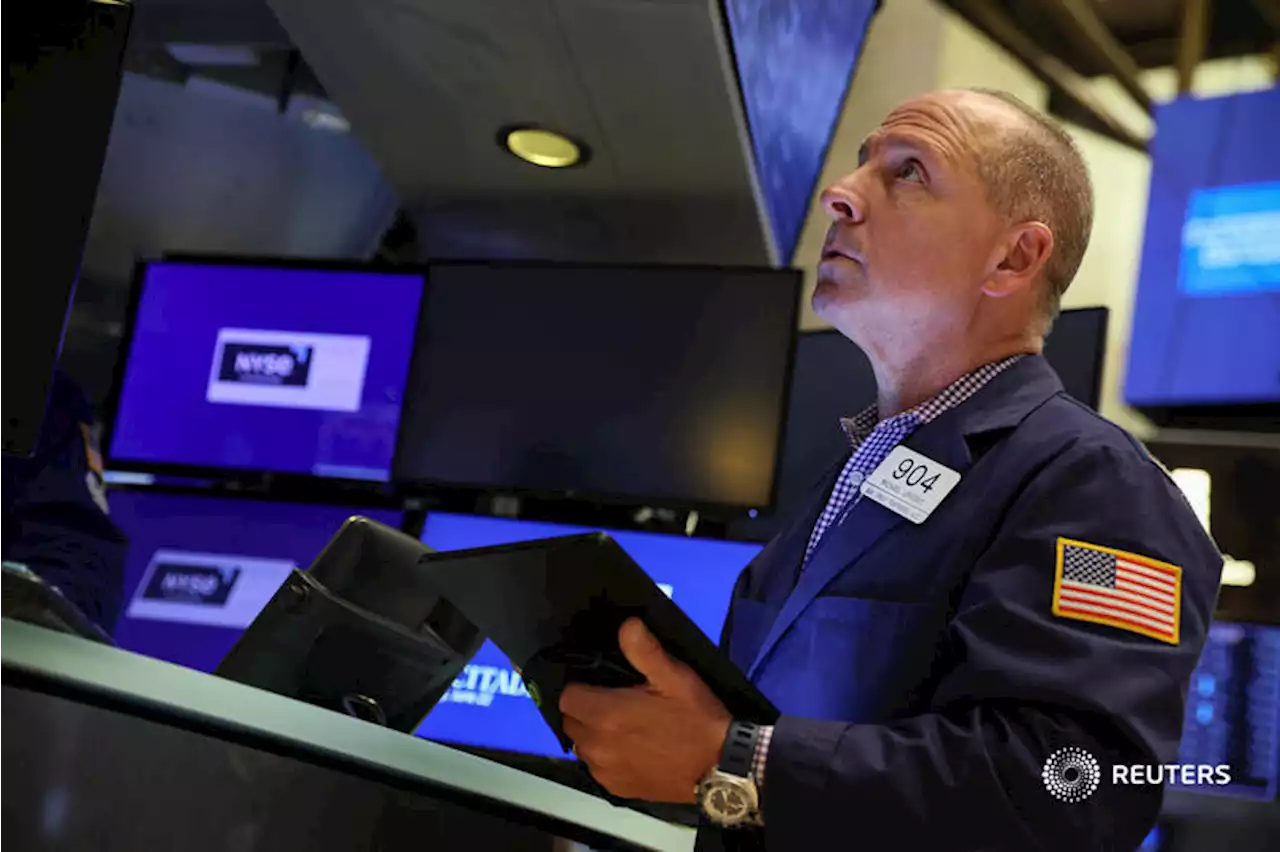Economists may disagree about the causes of inflation. Still, investors have plenty of historical experience to draw upon. From their perspective, rising prices lead to the large-scale destruction of paper wealth. Bondholders are in danger of being wiped out. Even the owners of real assets, such as stocks and property, can suffer heavy losses. Finding a permanent shelter from the inflation storm is no simple task.
In the aftermath of the global financial crisis of 2008, I spent several months with a colleague, Chris Wu, examining investors’ experience of the 1970s. At the time, we thought conditions were ripe for another inflation episode. As in that earlier decade, real interest rates had turned negative, governments were running large fiscal deficits, and international monetary reserves had been growing rapidly. Our timing turned out to be poor.
It wasn’t all bad news. While the S&P Composite 1500 Index of U.S. stocks lost 44% in real terms over the course of the 1970s, shares that were cheap relative to fundamentals delivered positive real returns. There are several reasons why these so-called value stocks had such a triumphant decade. First, they started out inexpensive relative to the rest of the market.
So far this year, financial markets have followed the playbook of the 1970s. Once again, central bankers have been slow to respond to the return of inflation. As in that earlier decade, rising prices have turned out to be a global phenomenon. Bond prices have declined as the yield on U.S. 10-year Treasury bonds has almost doubled. The performance of the stock market confirms that valuations are liable to fall as inflation picks up. Value stocks have outperformed yet again.
Investors, whose inflation expectations tend to be backward-looking, were blindsided by what became known as the “stop-go” cycle. Past winners turned out to be tomorrow’s losers. Commodities proved particularly volatile, forming bubbles at one moment and crashing the next. In the stock market downturn of 1973 to 1975, commodity stocks turned out to be more correlated with other shares than with the price of the underlying materials.
Österreich Neuesten Nachrichten, Österreich Schlagzeilen
Similar News:Sie können auch ähnliche Nachrichten wie diese lesen, die wir aus anderen Nachrichtenquellen gesammelt haben.
 Investors need to learn to ride inflation cycleBonds and shares are tumbling as prices soar, just as in the 1970s. The experience of that decade suggests value stocks, commodities and safe-haven currencies offer the best protection, says Edward Chancellor. But wild swings in inflation can still catch markets off-guard.
Investors need to learn to ride inflation cycleBonds and shares are tumbling as prices soar, just as in the 1970s. The experience of that decade suggests value stocks, commodities and safe-haven currencies offer the best protection, says Edward Chancellor. But wild swings in inflation can still catch markets off-guard.
Weiterlesen »
 Breakingviews - Green investors need to get their hands dirtyThe energy transition is potentially big business. To have a good chance of limiting global warming to 1.5 degrees Celsius above pre-industrial levels, the globe needs to be spending $5 trillion a year on new power sources and infrastructure by 2030, according to the International Energy Agency. The capital to do so is poorly directed, though. To make a difference, investors will have to get their hands dirty.
Breakingviews - Green investors need to get their hands dirtyThe energy transition is potentially big business. To have a good chance of limiting global warming to 1.5 degrees Celsius above pre-industrial levels, the globe needs to be spending $5 trillion a year on new power sources and infrastructure by 2030, according to the International Energy Agency. The capital to do so is poorly directed, though. To make a difference, investors will have to get their hands dirty.
Weiterlesen »
 Inflation surges to 7.7%, fastest since 1983: What Canadians need to knowCanada\u0027s inflation increased 7.7 per cent in May from a year earlier, the fastest since 1983, Statistics Canada reported
Inflation surges to 7.7%, fastest since 1983: What Canadians need to knowCanada\u0027s inflation increased 7.7 per cent in May from a year earlier, the fastest since 1983, Statistics Canada reported
Weiterlesen »
 GBP/USD Forex Signal: Sterling Outlook Ahead of UK DataThe GBP/USD price continued to consolidate as investors waited for the upcoming UK consumer and producer inflation data.
GBP/USD Forex Signal: Sterling Outlook Ahead of UK DataThe GBP/USD price continued to consolidate as investors waited for the upcoming UK consumer and producer inflation data.
Weiterlesen »
 Kevin O'Leary Reveals 1 Important Lesson That Every Young Trader Needs to Learn“When I was a young Buckaroo trader, I used margins and I got slaughtered. And I never did it again,” Kevin O’Leary told CNBC’s “Squawk Box Asia”.
Kevin O'Leary Reveals 1 Important Lesson That Every Young Trader Needs to Learn“When I was a young Buckaroo trader, I used margins and I got slaughtered. And I never did it again,” Kevin O’Leary told CNBC’s “Squawk Box Asia”.
Weiterlesen »
 Macron calls for compromises to resolve France's deadlockFrench President Emmanuel Macron ruled out any attempt to create a 'government of national unity,' saying that political forces need to 'collectively' learn how to govern differently.
Macron calls for compromises to resolve France's deadlockFrench President Emmanuel Macron ruled out any attempt to create a 'government of national unity,' saying that political forces need to 'collectively' learn how to govern differently.
Weiterlesen »
